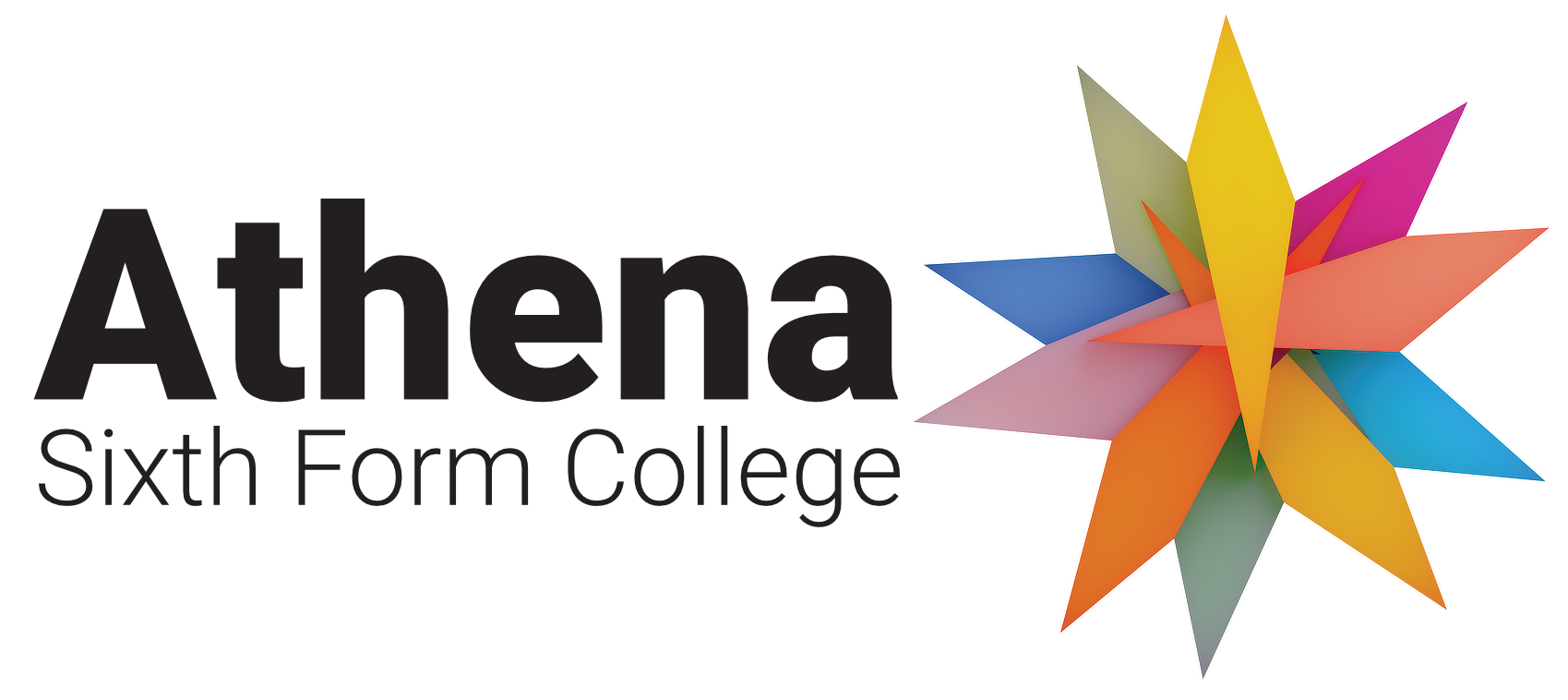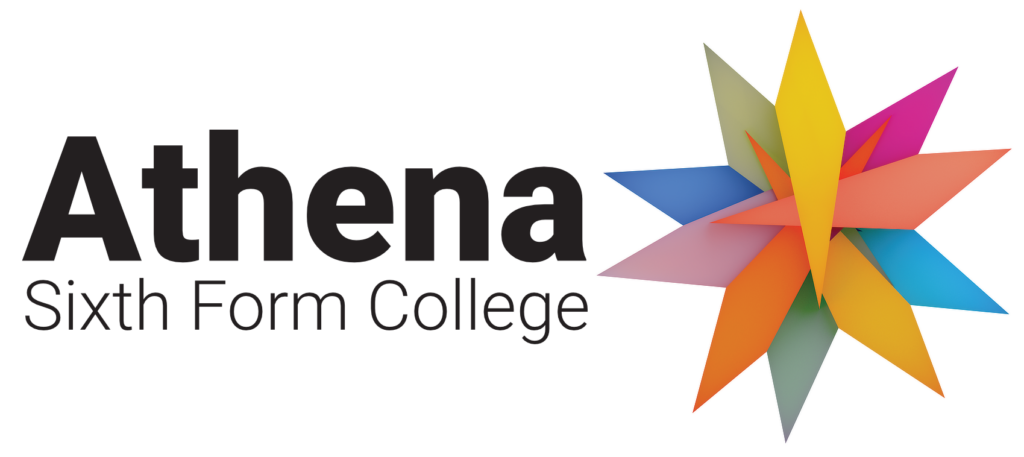Why Study?
English Literature has been a large part of our education systems for centuries. From the many timeless works of William Shakespeare, to the contemporary writings of Poet Laureate Carol Ann Duffy, literature has provided generations of budding intellects with the wisdom of eras combined.
Literature helps explore and analyse some of life’s greatest questions and assists young people in gaining the skills required for a deeper thought process in life.
Classic texts provide fundamental concepts that complement modern day texts and their messages. The styles of writing and thought processes of historical texts are vital to understanding the world and how humans perceive our surroundings. This subject also provides a broad, bold spectrum of types and times of texts. In no other classes will you receive this large a variety of choice and knowledge.
You will learn to consider different points of views, knowledge beyond your years, key lessons for the future, writings from the past, creativity beyond belief, freedom of expression, themes that push us forward and skills for lifelong achievement all contribute to the value of English Literature. What more could you want from a subject?
What can I do with it?
English Literature explores how to analyse poetry, annotate narratives, structure and word essays.
These skills help with all aspects of school and serve as a vital foundation for the rest of your life. The lessons and messages passed on in an English Literature class include critical thinking, analytical skills and creative expertise. No other class provides such a broad and powerful range of abilities that carry into the future through all careers, making English Literature a rare and crucial subject.
It explores expression and communication with students and often involves class discussions that help with public speaking and self-confidence. English Literature can also encourage philosophical debate and diplomatic responses to a wide variety of issues.
Subject combinations
English Literature pairs well with every subject. Students’ language skills and range of perceptive and illuminating vocabulary gained when studying English Literature improve and assist studying all other qualifications.
Extras
After-school sessions dedicated to expanding and cementing your knowledge of the course. Opportunities to watch theatre productions, poetry recitals, films and join a book club.
What will I study?
English Literature is studied in four components:
- Comp 1: Pre- and Post-20thcentury poetry. We will study a variety of poets from Christina Rossetti to the current Poet Laureate.
- Comp 2: Pre- and Post-20thcentury drama. You’ll be introduced to a fascinating range of dramatic texts, from Webster’s The Duchess of Malfi to Tennessee Williams’ Streetcar Named Desire, and you’ll have our old favourite Shakespeare to enjoy as well.
- Comp 3: Unseen texts 1880-1901, a captivating introduction into a wide range of unseen texts, some shocking, some engrossing, but all interesting and intriguing.
- Comp 4: Non-examination assessment, a chance to explore a wide range of literary texts from within your lifetime to hundreds of years earlier. One comparative essay, 2500 words.

